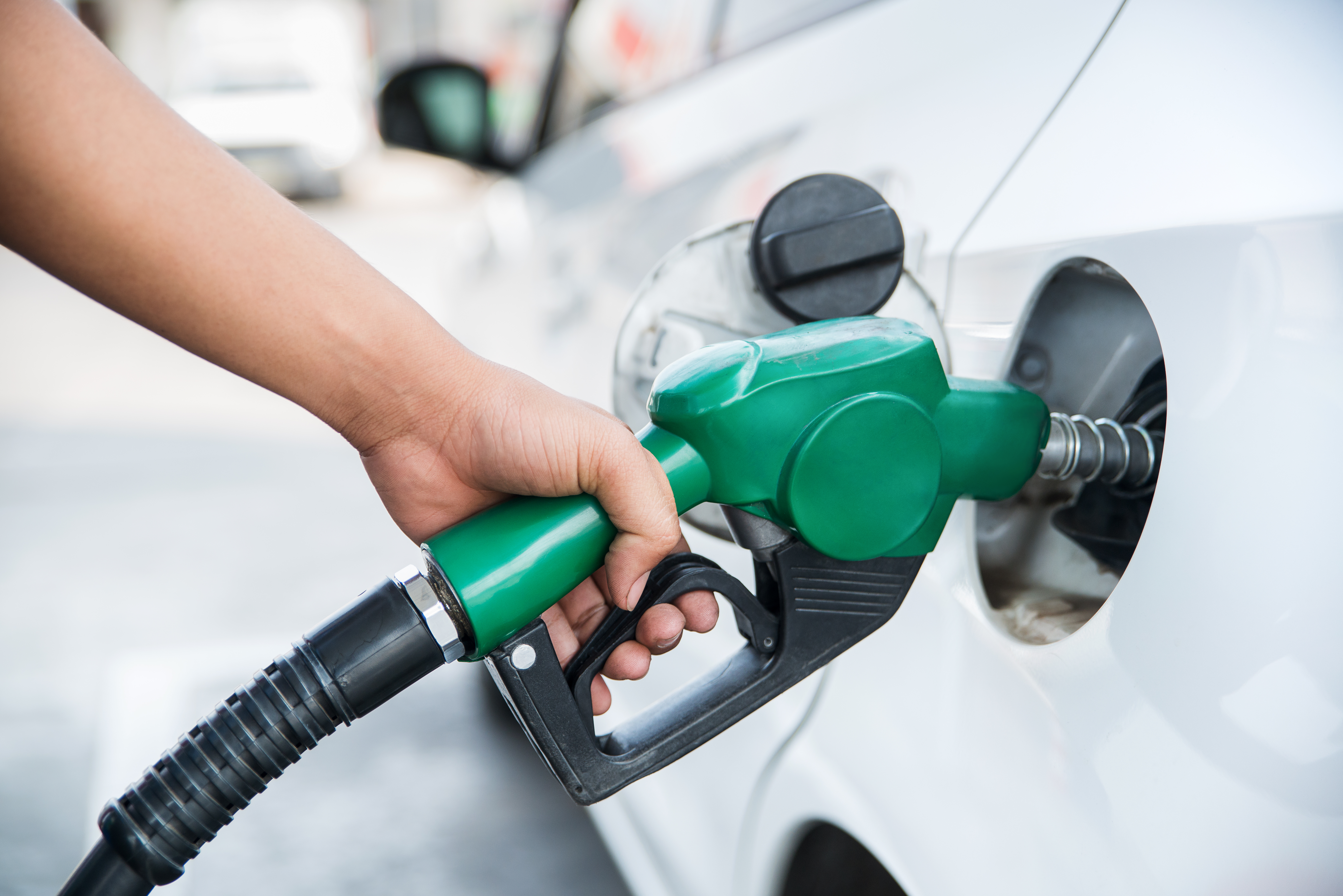The EPA on Friday granted a waiver of its traditional summer ban on the sale of gasoline with 15-percent ethanol — or “E15” — to continue mitigating the disruption of fuel commerce around the globe caused by the conflict in Ukraine.
Ethanol is made by fermenting the sugar in the starches of grains such as corn, sorghum, and barley, and the sugar in sugar cane and sugar beets. The vast majority of gasoline sold in the United States is “E10,” or gasoline with 10-percent ethanol content. The advent of E15 allows for the decrease in petroleum, which eases the demand for oil. Research further suggests that the lower petroleum content of E15 contributes significantly less greenhouse gas emissions.
On the other hand, a higher ratio of ethanol has been flagged by scientists and environmental groups for being a contributing factor in higher concentrations of ground-level ozone, or smog, causally related to potentially causing airway damage or extra struggles with conditions like asthma, bronchitis and emphysema. It is for this reason that the summertime ban was enacted in the first place.
Even some of those who acknowledge the putative benefits of E15, and its lower emissions, are troubled by this waiver: “Anytime that we continue to advance the industry, rather than slowly wean ourselves off of it as our electric vehicle transition continues, is taking us in the wrong direction, “ said Jessica Mazour, conservation program coordinator for the Sierra Club of Iowa.

